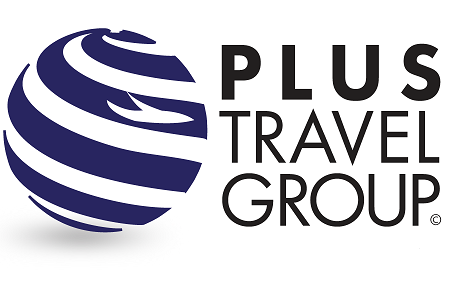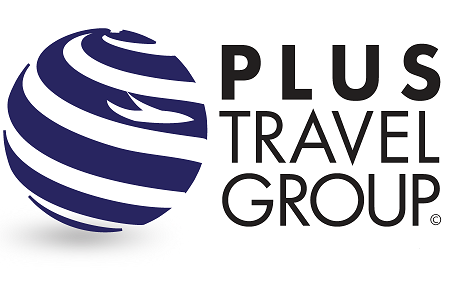Your employees can spend a lot of time online…
…and sometimes they think they’ve found a lower fare than the one that your TMC (Travel Management Company) has quoted. And when they tell you this, you begin to question whether you are, in fact, getting “the best fares”. By comparison, have they ever told you how many times they’ve searched and searched and the airfare was the same, or higher than what they got through your TMC, or online booking tool?
Booking through TMCs offers tangible benefits in terms of savings, service and security.
So what’s behind those “lower airfares” that your employees find on the internet?
Time:
Time is money! How long did it take your employees to find that low fare? How many tools did they have to use before they found it? How many higher rates did they find before they came to the lowest one?
Comparing apples to apples:
If an employee thinks that he or she has found a lower airfare outside of your travel program, chances are that it is not the exact itinerary that he/she booked through your agent or online booking tool.
Finding it and booking it can be two different things:
Each public site functions differently. Just seeing a fare quoted online doesn’t mean that it is available. You don’t know what the airfare will actually be unless you book it, and with most public sites, you usually can’t book it without purchasing it (i.e. giving them your credit card). By the time you’ve gotten that far, they tell you that the fare that you were drawn to isn’t available for the flights that you’ve chosen.
What your TMC can do:
When an employee believes that he/she has found a lower airfare, encourage him/her to bring it to the attention of your TMC. If there is a valid fare offered on the web, your TMC will be able to book it for you, too!
Some important factors to consider are:
Your company’s travel policy:
When booking within your travel program, your agent or online booking tool works in compliance with your company’s travel policy. Public sites don’t use these restrictions, and companies have no control over what the employee books.
Lead-in Fares:
In many cases, the fares displayed on website homepages or travel agency shop windows are called lead-in fares – subject-to-availability marketing tools used to attract a traveler’s attention – and are not actually available at the time of booking due to nominal allocation.
Airfares are dynamic — Not static!
Why do quoted prices change?
Airlines, like any other business, want to maximize profits on each and every seat they sell. Which is why you see so many daily airfare changes: they want to see how much YOU are willing to pay. Of course, this makes finding the cheapest airfare deal look a lot like rocket science, or at the very least, look like following stock prices at any given moment in time.
Why cheap airline tickets are elusive:
Look at it this way – 100% of all air travelers want the cheapest price, but the reality is – only about 10% will get that cheapest price. When an airline has a sale, they don’t put every seat on a plane on sale!
How to get a cheap airline ticket:
The key to being part of that lucky 10% is technology and yes, sometimes you can stumble on a great deal by accident, but that’s all it is – a freak occurrence. If you can be flexible on your itinerary, and available to fly when prices are lowest, you can get the best deals. This is rarely an option for corporate travelers who are at the behest of their clients to travel at a certain time.
So there you have it, use these tips and take advantage of the savings and benefits that TMC’s can bring to the table!
Safe Travels!


